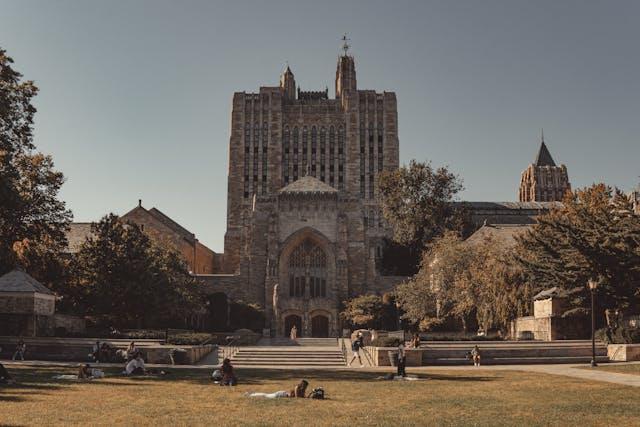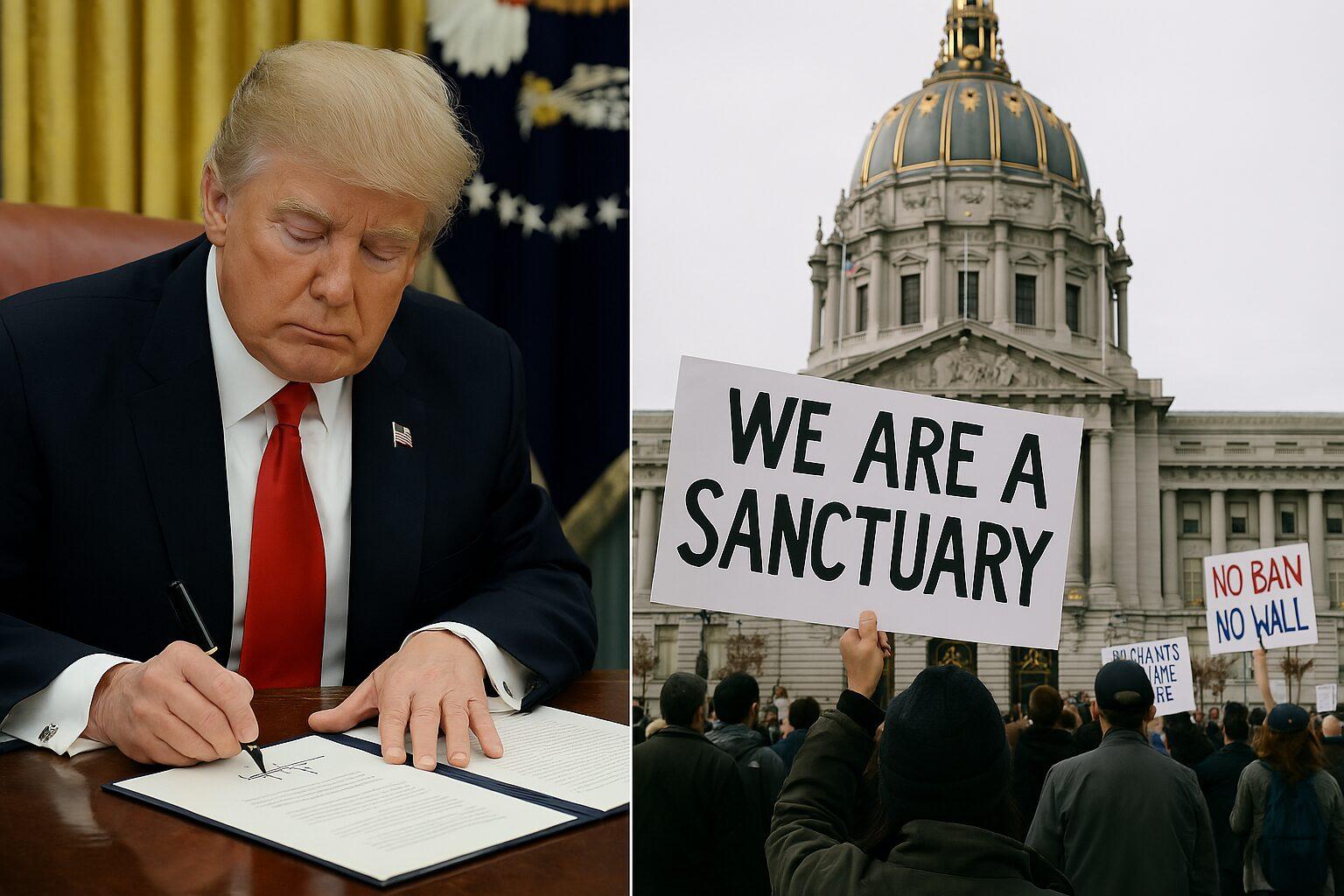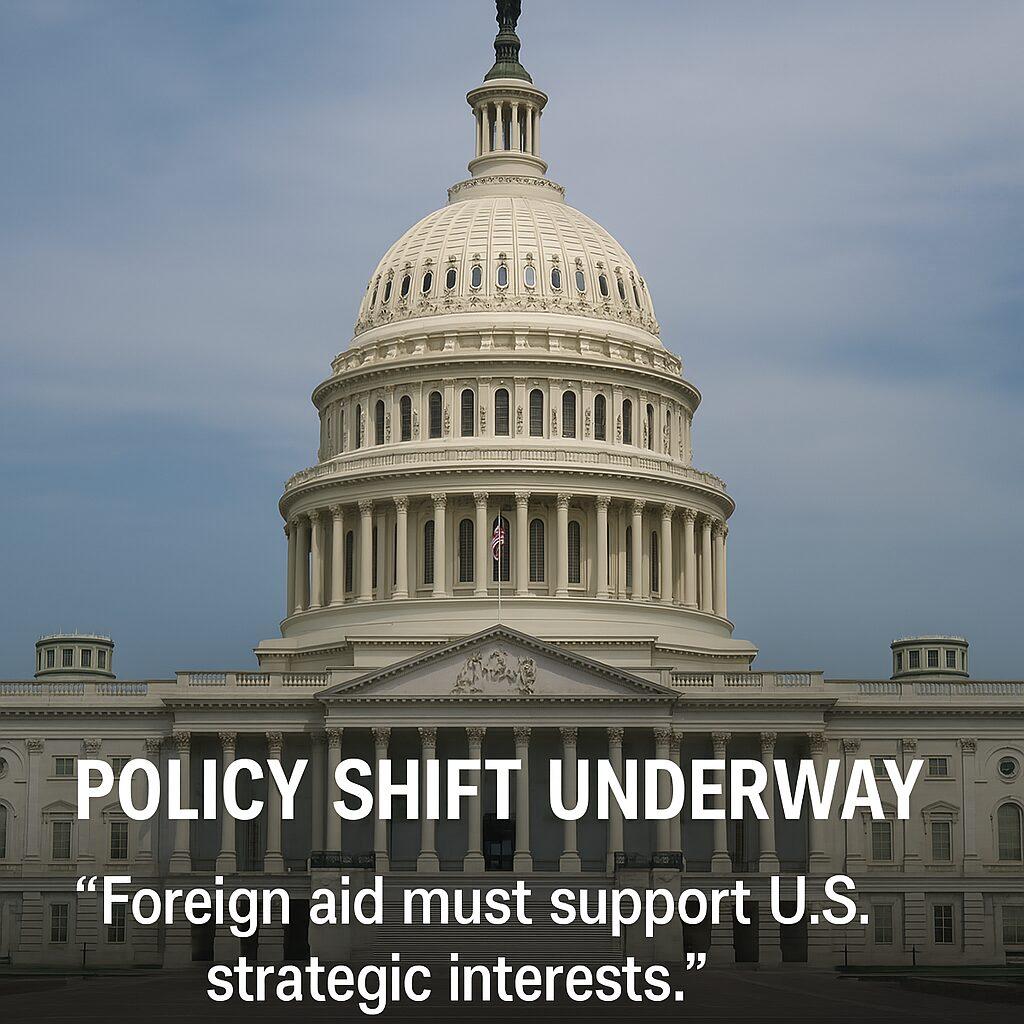President Barack Obama signed an executive order Friday, Feb. 13, encouraging widened sharing of cybersecurity threat information between companies in the private sector and the US government.
“Government cannot do this alone. But the fact is that the private sector can’t do it alone either because it’s government that often has the latest information on new threats,” he said.
The action took place at Stanford University during the White House Summit on Cybersecurity and Consumer Protection.
“Just as we are all connected like never before, we have to work together like never before, both to seize opportunities and to meet the challenges of this information age,” Obama said
“It is one of the great paradoxes of our time that the very technologies that empower us can also be used to undermine us.”
Obama’s announcement comes at a point in time when the United States has become heavily dependent on digital systems for economic, national security, educational and social purposes.
“Foreign governments are probing these systems every day,” which makes it an issue of public safety, he said.
It also follows a number of data breaches that have occurred at various US establishments, including Sony, Target, Home Depot, Staples, and health insurance provider Anthem.
“There’s only one way to defend America from these cyber threats and that is through government and industry working together, sharing appropriate information as true partners,” the president said.
A White House fact sheet states that a number of commitments were announced Friday, including: a more than $20 million investment by MasterCard in new cybersecurity tools; a collaboration between five companies (Apple, Comerica Bank, MasterCard, Visa and US Bank) to devise a tokenized, encrypted service that will be made available for users of federal payment cards; and new authentication technology from Intel that will rely on other verification methods, such as biometrics, rather than on a password.
Another stipulation under the order are that information sharing would be voluntary and an increase in government disclosure of classified threat information so as to enable private networks to more easily safeguard their systems.
Although Obama signed this action today, one cybersecurity analyst said the proposals “face significant headwinds” from Congress and large tech companies, BBC reported.
“Based on the Snowden leaks, these companies believe they’ve already been badly burned by the government, and have very little to gain by publicly backing the president’s proposals,” Ben Desjardins, director of security solutions at cybersecurity firm Radware, told Associated Press.
Bloomberg reported that top leaders at Facebook (Mark Zuckerberg, chief executive), Yahoo (Marissa Mayer, chief executive) and Google (Larry Page and Eric Schmidt) declined invitations to the summit. The three companies, along with Microsoft, instead sent less senior executives.
Still, the president has been has been urging Congress to approve a more comprehensive cybersecurity bill.
“This should not be an ideological issue,” he told the audience at Stanford. “This is not a Democratic or Republican issue. Everybody’s online and everybody’s vulnerable.”
(With reports from Associated Press, Bay City News, BBC, Fortune and Reuters)






